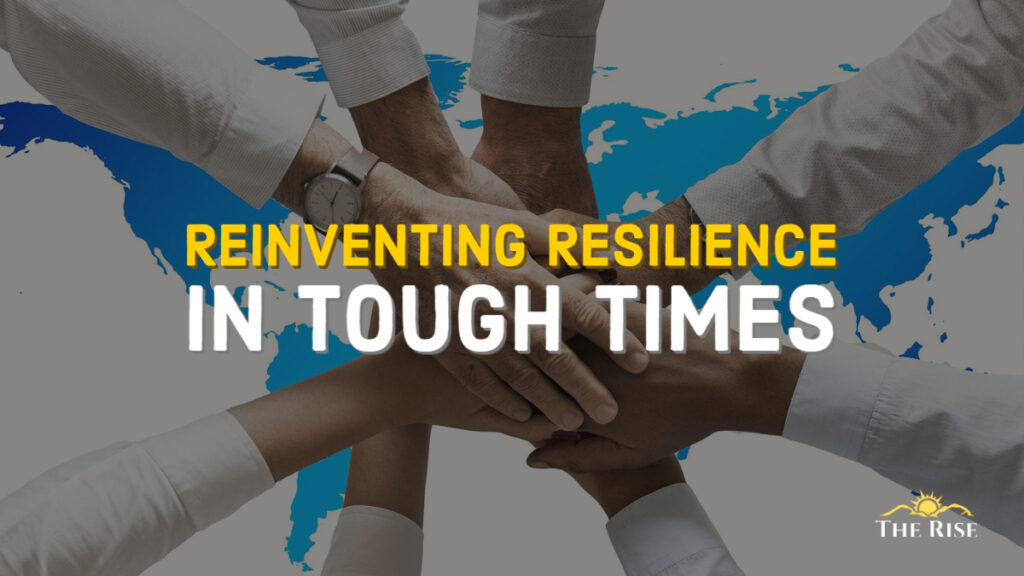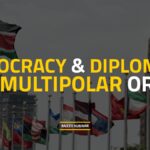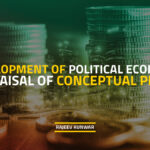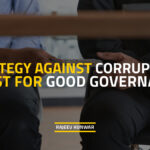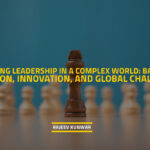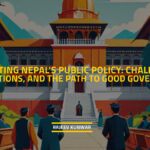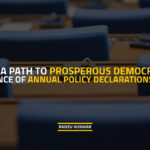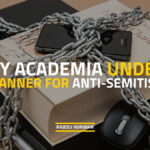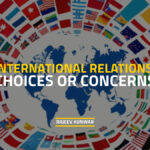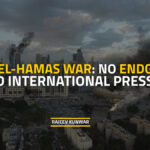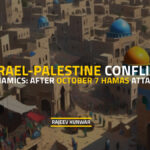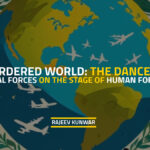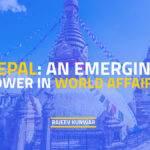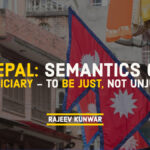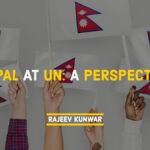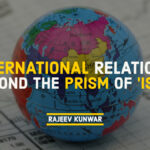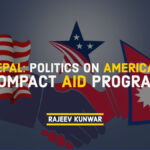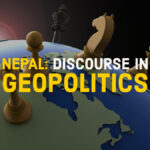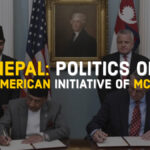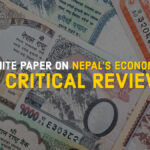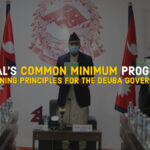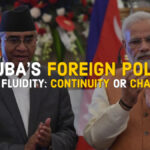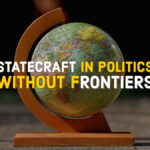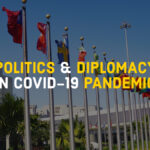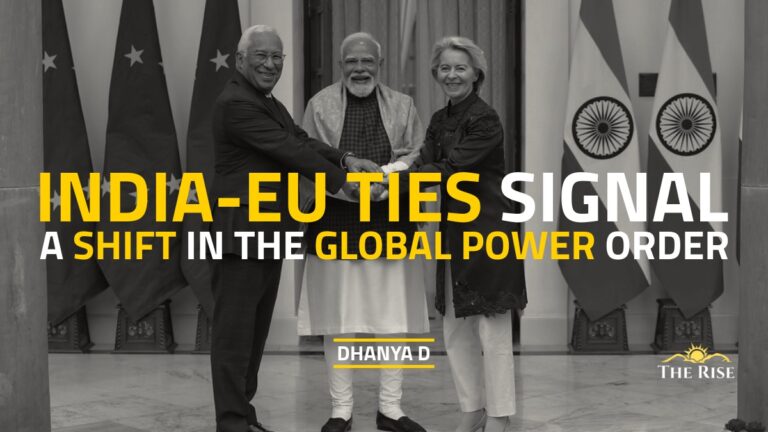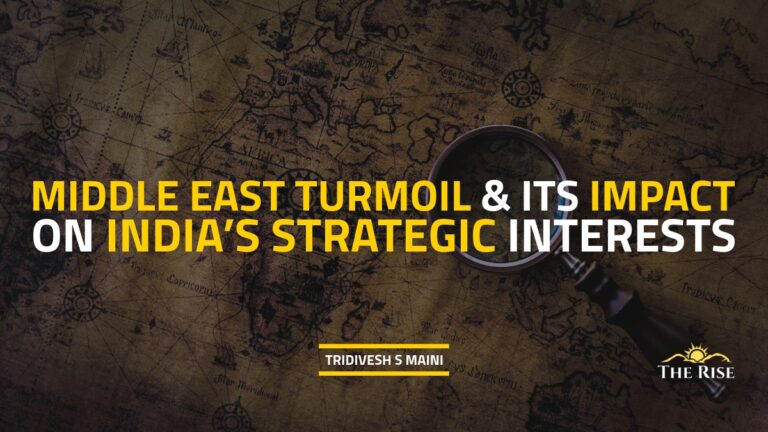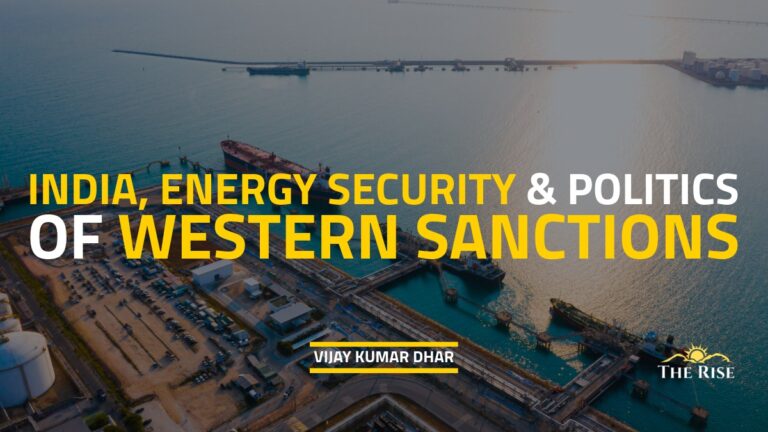An overriding concern is the creation of a cultural wealth of nations where happiness and prosperity are within our means and resources. Despite turning the tide and time in favour of capitalism, everyone aspires for contentment and prosperous living today. It is appropriate to say some of the parameters of democratic civilization reinvent resilience in our tough times.
Times are always tough when a society opens and competitiveness begins. Current affairs in Asian Continent are not dissimilar from the past. When problems arise, the situation unfolds to create political anxiety. In the case of an onslaught of natural disasters and pandemics at the glocal level, the threat of calamity is sometimes heavy and heart twisting. Asia is a continent known for the contrasts and extremes; so does its landscape and mindscape. To be an Asian is an identity that everyone spontaneously identifies first in a continental consciousness in Asian nations. They think of nationals and patriots of a particular polity first. So, as native citizens, they first think of their kith and kin and the country where they reside.
We are groomed in such a mental framework that we find an unease to transcend a territorial identity. In these demanding times, we are beholden to elements of citizenship and national sentiments. However, trends are changing about emigration as the diaspora is spread in the greener pastures of the world. In this scenario, the migrants are cultural ambassadors in the form of either blue or white-collared workers. A concept of the Westphalian Treaty is posed with questions on the contours and nuances of nation-state and sovereignty vested in the people.
The concept of the nation-state is not new to Asia. The states either evolved through a gradual process or emerged from coercion. Civilization or cultural states existed for a long time in this part of the world. A monarchy was the type of government in Asia that beckoned or radiated splendour with religious and cultural elements. But the 21st century Asia has some countries with a republican system having democratic or authoritarian features. ‘All for one’ or ‘one for all’ is the Asian spirit that evokes a modicum of unity in diversity. This creed and ethos have emotive responses, while there are also radical democrats questioning the given socio-economic and political order.
Also Read: What ails South Asian region?
Search for good life depends more on our noble service, peaceful compassion and empathy in difficult times.
In the state of flow of ideas and practices, political-economic and social endurance are always under examination in trying circumstances that develop. And it is history that always judges the failures and successes of the states. But if there is a historical memory loss, it may impede preserving, protecting and promoting good citizenship, a virtuous society, and an ideal state. Given these mottos, the pursuit of life and liberty by an individual and family as units of society is an inalienable right and freedom. Politics and diplomacy in current affairs can manage public and international affairs well if the constant focus is on immutable existential importance. Thus, our search for good life depends more on our noble service, peaceful compassion, and empathy in difficult times and reinforcing resilience to face the problems generated.
Rejuvenating stamina to resolve challenges is within human willpower. It is self-help and motivation that are applied in the state personified or personified state where democratic peace, democratic power politics, and the rule of law prevails. Negotiating public affairs in these parameters ensures the longevity of liberal democracy. However, in Asia, there may be rising authoritarian or illiberal politics as per critics. These activities may challenge the notion of tolerance and peaceful co-existence of inhabitants not necessarily governed by ideological inclinations or its narratives. Ethics govern the state apparatus. Ultimately justice and truth must triumph over political vices and legal impunity.
Also Read: The Art of Ruling through Animosity – Humanity or Nationalism?
Virtue is knowledge, and education is a key to happiness.
In the present globalizing, capitalizing, and financialized era unparalleled in world history, there are partnerships, coalitions, and cooperation based on mutual understanding and reciprocal benefits. A common concerted endeavour mitigates the daunting challenges we are facing in the 21st century. Furthermore, a convergence of humanity can be reposed with democratic credentials and an indestructible spirit of liberalism. The international community resolves to build a better world back and leave it to our offsprings whose ancestors and fore-parents served their kind.
Also Read: Beginning of a new Cold War
Virtue is knowledge, and education is a key to happiness. These are well-known maxims. Education promotes civility and is generally preferred to be benign to respond to humanity. A soft power certainly is of belongingness instead of estrangement. It is an engagement in a free, fair, and just manner in public affairs. Some affluent people prescribe formulas while talking to a fellow stranger. Nepal treasures such a recipe in public relations. In Nepalese society, eternal amity not perpetual enmity is the dictum and should be. Social capital exists in a relatively developing human capital. Trust in society is built in a democratic way of living. So, an overriding concern is the creation of a cultural wealth of nations where happiness and prosperity are within our means and resources. Despite turning the tide and time in favour of capitalism, everyone aspires for contentment and prosperous living today. It is appropriate to say some of these parameters of democratic civilization reinvent resilience in our tough times.
Disclaimer: The views expressed in this article are of the author solely. TheRise.co.in neither endorses nor is responsible for them.
About the author
Mr. Kunwar is a politics and international relations analyst based in Kathmandu.

